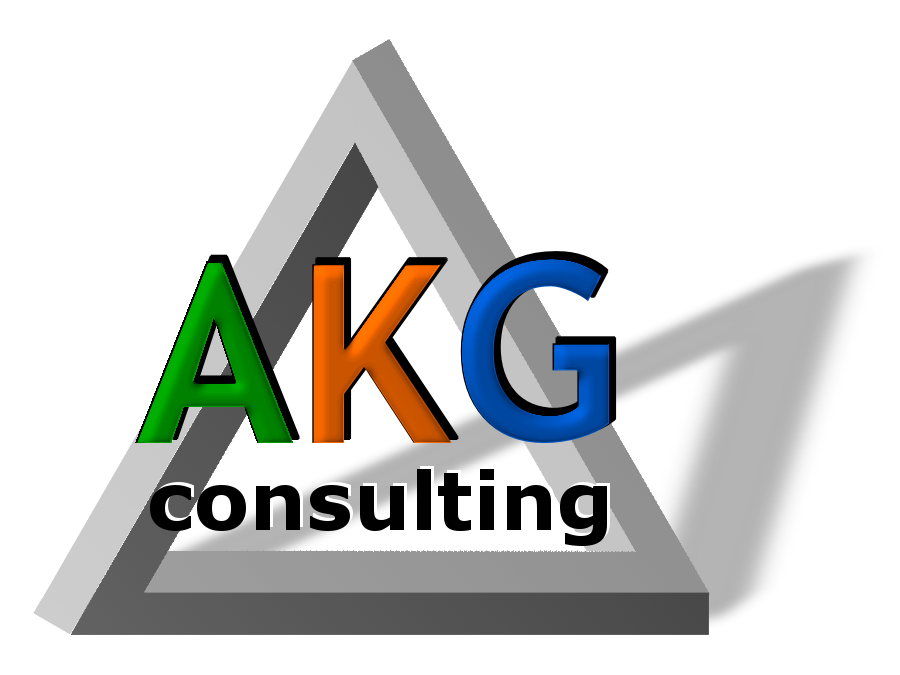
What is SEO (Search Engine Optimization)?
SEO is marketed as a way to boost search engine rankings of a website. There are many factors that go into how search engines determine which sites are deemed most useful. The major search engines have teams of programmers constantly refining the algorithms they use to determine how useful a website will be. These programmers know the techniques used to try to boost website rankings, and they adjust their algorithms accordingly.
A well-designed website should include the coding that search engines use to gather information about that site. However, search engines also use information beyond the control of any one web designer to determine website usefuleness. For example, when a user clicks on a website found in search engines results, the search engine can monitor how much time the user spends on that site, before returning to the search results. Search engines also track how often one website is linked to by other websites.
The bottom line is that the major search engines do a pretty good job of ranking websites, and they know how to thwart efforts to artificially boost rankings. Instead of tyring to find shortcuts to beat the search engines, we believe it is more important to focus on making a website useful.
What is Domain Hijacking?
In most cases, when you register a domain, your name, email address & contact info becomes freely available as the registrant of that domain. In some cases, it is possible for that info to used to transfer a domain to someone else. Once the domain registration has been changed, you lose all control of what's posted on that domain, and you probably lose email too. Getting that domain back can be difficult, if not impossible. If you need to register a domain, stick with a reputable registrar that offers both "private registration" (where they protect at least some of your contact info), and a "registrar-lock" feature.
What should I know about Email Security?
There are two aspects of email security. First, anything you put in an email is about as secure as a postcard. Email usually gets relayed from one mail server to another during transmission, and message contents and attachments can be easily intercepted along the way. Email encryption is available, and should be used when sending any sensitive messages.
Second, and often overlooked is the fact that many email systems send/receive user name and password as plain text data. This means when the email client on your computer logs into the mail server, your user name & password are vulnerable, especially if you are using a wireless connection. Make sure your mail server allows secure (SSL) connections for both incoming and outgoing mail-this will protect your user name & password.
Is an Exchange server required for Email Synchronization?
Exchange servers provide much more than email sync among multiple devices. If your needs include shared calendars in addition to email sync, you may need to consider an Exchange server. If you need a way to make sure your email is the automatically synchronized between your computer, phone, and tablet or other mobile device, you may consider switching from traditional POP email to an IMAP system.
Should we use Flash animation on our website?
The answer to whether you "should" use Flash depends on your business, and your goals for that website. Historically, flash technology was the only way to include sound and animation on your website. There are now other ways of adding these features. One of the main drawbacks to depending on Flash technology is that the browser Apple's mobile devices is unable to render flash.
Should we have a Mobile-specific website?
The answer here also depends on your business needs. You may not need to duplicate your website in a format suited for mobile devices, but you may want to tailor some features of your site for mobile users.

